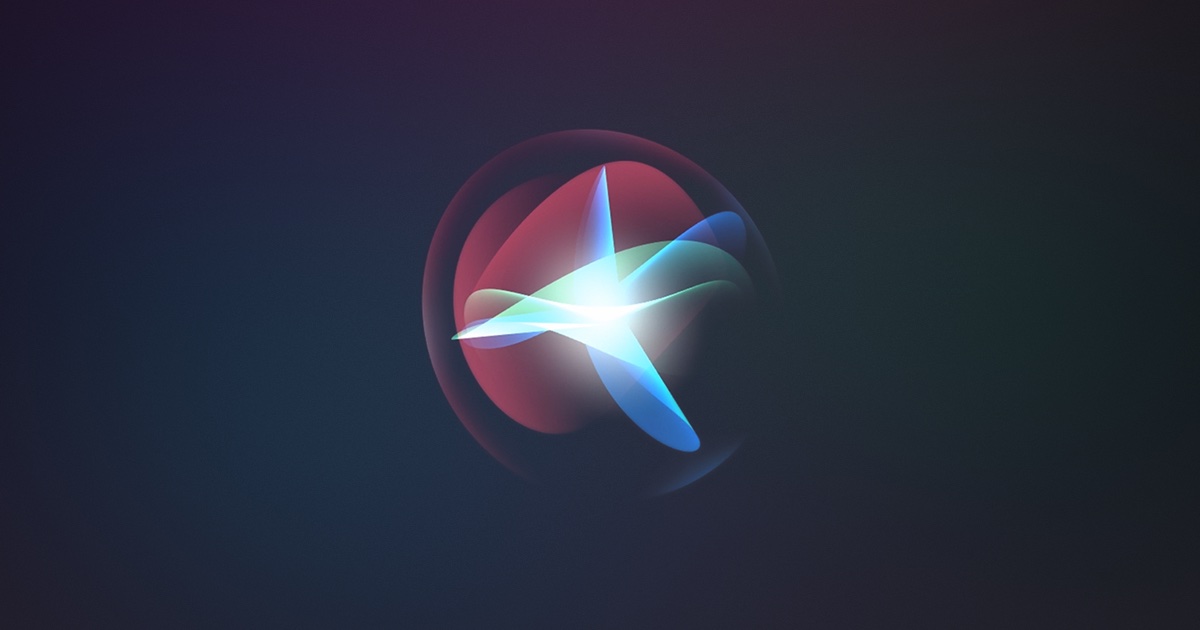An offline LLM means that Siri itself will be processed on device as it has been doing in a limited way for a couple of iOS generations now, but it can still make use of the web to fetch requests. It doesn't need to send your voice to the cloud to process, saving round trip time and preserving privacy.
A recent machine learning model Apple published with the capability to recognize apps' UI and how to use them, gives us a good indication of how this will work. Siri (offline) will be able to act on your behalf to use apps (online).
User:
Siri, I'd like to have dinner with my girlfriend tonight at that place I walked by last week with the red umbrella. I took a photo of it.
Siri:
Code:
Looks at your Photos (offline), finds the red umbrella, geotagged,
locates the restaurant in Apple Maps (online),
brings up OpenTable (online) cues up a reservation after looking at your Calendar (offline).
That was Sandro's on College St. I've found you a reservation for 2 at 8pm. You get off work at 5, that should give you enough time to get home, get ready and head over to Sandro's. Ana's schedule also shows her free. Would you like me to book it?
User:
Yes... no, wait, can we do 8:30 instead? I'd like to get a bottle of wine, does Sandro's have a corking fee?
Siri:
Code:
Looks up OpenTable (online) to see if there's an 8:30pm reservation.
Looks up Sandro's website (online) and searches for a corking fee.
Looks up Apple Maps for nearby wine stores,
finds one that's on the Ritual app (online) so they can can bag your wine for pickup,
finds that you've ordered 2 different wines via Ritual.
Sandro's has a $6 corking fee. I found you an 8:30 reservation. Would you like Mateus Rose or Wolf Blass - Yellow Label Sauvignon? I can reserve it at the Wine Cellar, a short walk from Sandro's.
User:
Let's do Mateus. Go ahead and book the reservation please.
Siri:
Code:
Goes to OpenTable, places the reservation on your behalf.
Goes to Ritual, orders a bottle of Mateus Rose for pickup at 8pm.
Adds an event in your calendar with directions to the Wine Cellar
and another at 8:30pm with directions from there to Sandro's.
Creates a calendar invite for your girlfriend.
All set! Your Mateus Rose will be ready for pickup at 8pm, Sandro's at 8:30 on College St. and I've sent an invite to Ana.
Local Siri processing without having to access the internet will enable free flowing conversations without a delay. Having the ability to recognize how to use apps on your phone will be the online component. You already use those apps online. I suspect Google will be one of them, to allow Siri to get current information from the internet, using Gemini and returning those answers the same way it can return search results today, but with the capability to make use of them to get you an answer and read them back to you.
Apple's advantage beyond building silicon custom made for its native Siri, is that it has the largest App Store with virtually unlimited potential (there's an app for everything). Give Siri the capability to understand how to use apps (like the model Apple just published) and you can imagine how far this can go.

arstechnica.com






